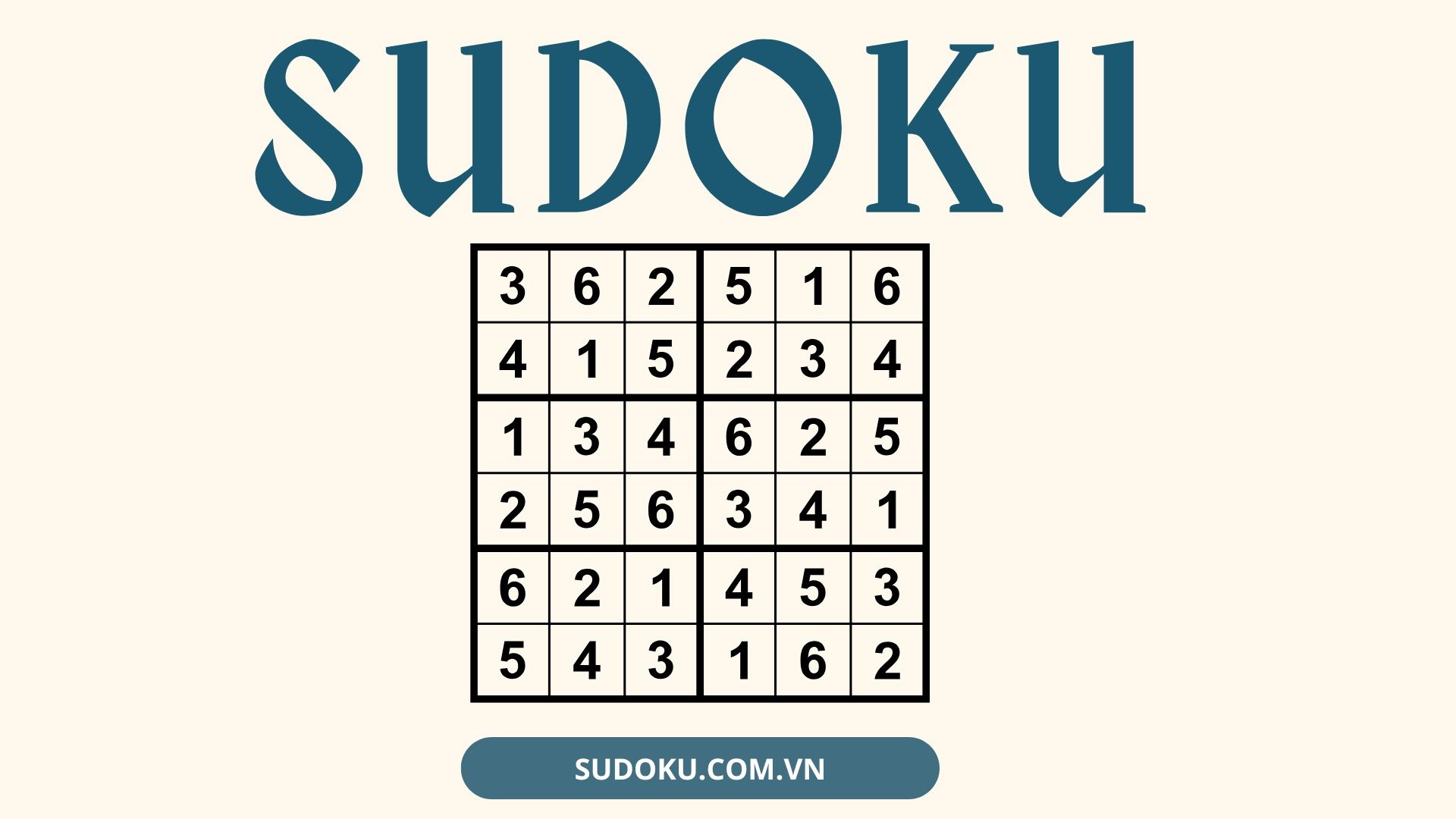Practice Sudoku efficiently from easy to hard with logical strategies, smart tips, and step-by-step guidance.

Sudoku is not just a puzzle game it’s also a fantastic way to train your brain, improve focus, and enhance logical thinking. However, many beginners struggle when transitioning from easy to difficult levels.
So, how can you practice Sudoku effectively, from easy to hard? Let’s explore some useful strategies below.
Understand the rules and mechanics of Sudoku
Before increasing the difficulty, you need to master the basic rules of Sudoku:
- Each row, column, and 3×3 grid must contain all numbers from 1 to 9 without repetition.
- Pay attention to the given numbers they are the clues that help you deduce the remaining ones.
Understanding these fundamentals will prevent confusion when you move on to more advanced puzzles.
Start with easy levels
When you first begin, choose easy Sudoku puzzles because:
- They provide more clues, helping you get familiar with basic logical reasoning strategies.
- They allow you to build a habit of filling numbers logically instead of guessing.
Some basic strategies for easy levels include:
- Single candidate: Fill in the only number that can fit in a particular cell.
- Single position: In a row, column, or 3×3 grid, a number can only go in one possible cell.
Gradually increase the difficulty
Once you’re comfortable with easy puzzles, move on to medium, then to hard ones:
- Medium: You’ll encounter cells with multiple possibilities, requiring comparison and elimination.
- Hard: These puzzles often demand advanced techniques such as naked pairs, hidden pairs, or the X-Wing strategy.
The key is not to skip levels. Progressing step by step helps you stay motivated and increases your success rate.
Use helpful tools
For more effective practice:
- Sudoku apps: Many applications offer hint and error-check features, allowing you to learn from your mistakes.
- Notebook or tracking sheet: Jot down candidate numbers to make complex puzzles easier to analyze.
Practice regularly and be patient
Sudoku is a game of logic it takes time to master.
Spending just 15–30 minutes a day can help you:
- Memorize quick-solving strategies.
- Strengthen your logical reasoning.
- Confidently move from easy to hard puzzles without feeling overwhelmed.
Combine smart solving tips
Here are a few extra tips to help you solve Sudoku faster:
- Always scan the entire grid before filling in numbers.
- Focus on the easiest cells first.
- Use pencil marks to note possible candidates.
- Avoid guessing logical reasoning is always more effective.
Practicing Sudoku from easy to hard not only sharpens your brain, logical thinking, and patience but also provides a relaxing mental workout.
Start from the basics, gradually increase the difficulty, and make use of support tools, you’ll soon be able to conquer every level of Sudoku with ease and confidence at Game Sudoku Online.
